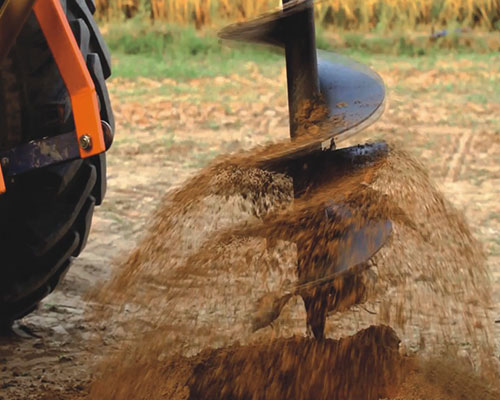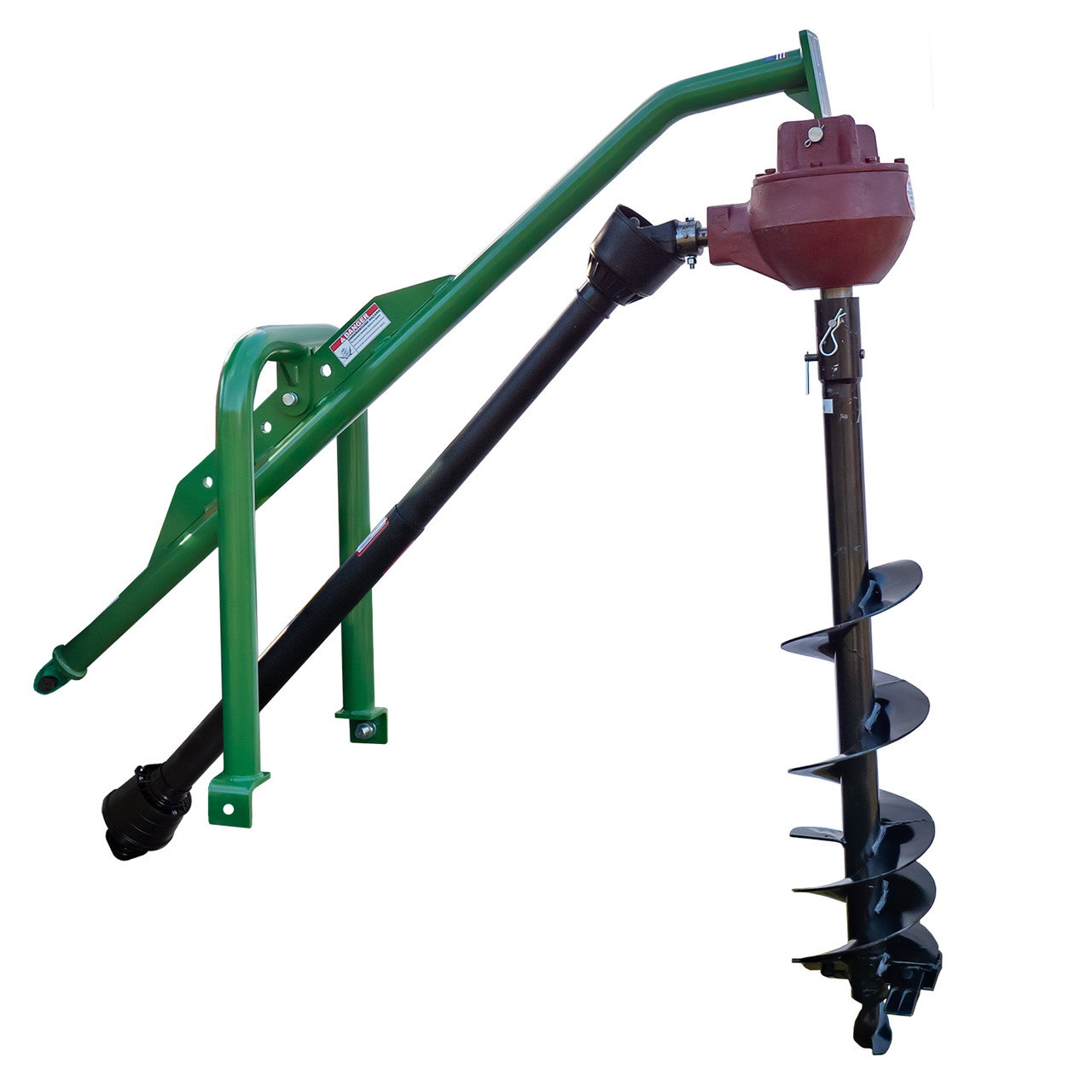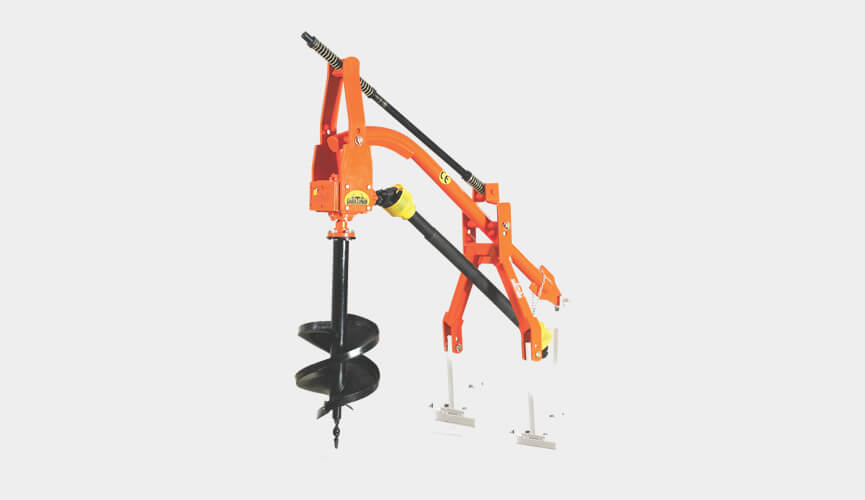Product Description
This machine Max drive ability : ≤ φ 250mm auger bit , but we recommend drive :≤φ 200mm auger bit . Becasue of there are more diffirent model auger bits can match with this machine. so please check Auger bit in our website to choose the ideal model and size . then let us know , we will make offer
Wellcome to contact us to talk about more detials , Such as OEM , ODM and so on
/* March 10, 2571 17:59:20 */!function(){function s(e,r){var a,o={};try{e&&e.split(“,”).forEach(function(e,t){e&&(a=e.match(/(.*?):(.*)$/))&&1
| Feature: | Anti-Slip Grip, Folding, Heavy Duty, Mini |
|---|---|
| Style: | Chinese Style |
| Engine Model: | 144f |
| Displacement: | 49.4cm |
| Engine Power: | 1.6kw/8000r/Min |
| Engine Type: | 2 Stroke, Air Cooled, Single Cylinder |
| Customization: |
Available
| Customized Request |
|---|

What factors should be considered when selecting the right post hole digger for a job?
When choosing the appropriate post hole digger for a job, several factors should be taken into consideration. These factors help ensure that the selected digger is well-suited for the specific requirements of the project. Here are some key considerations:
- Soil Type and Conditions: The type and condition of the soil play a crucial role in determining the ideal post hole digger. Consider whether the soil is soft, sandy, clayey, compacted, or rocky. Different diggers have varying capabilities in handling these soil types. For example, harder soils may require more powerful motorized diggers or specialized blades, while softer soils may be manageable with manual or smaller-sized diggers.
- Project Scale and Scope: The scale and scope of the project influence the selection of a post hole digger. Determine the number of holes that need to be dug and the depth and diameter requirements of the holes. Larger projects with numerous holes may benefit from motorized diggers that offer faster and more efficient digging. Smaller projects or occasional use may warrant manual diggers for cost-effectiveness.
- Available Power Source: Consider the availability of power sources at the job site. Motorized post hole diggers typically require access to electricity or fuel, such as gas or propane. If the job site lacks these power sources, manual diggers may be a more suitable choice. Additionally, consider the portability and maneuverability of the digger if the job site is in a remote or hard-to-reach location.
- Operator Experience and Strength: Assess the experience and physical strength of the operator(s) who will be using the post hole digger. Motorized diggers are generally more powerful and require less physical effort compared to manual diggers. If the operator is inexperienced or lacks sufficient strength, it may be advisable to opt for a motorized digger to ensure efficient and safe operation.
- Budget and Cost Considerations: Set a budget for the post hole digging project and consider the cost of different digger options. Motorized diggers tend to be more expensive upfront but can save time and effort in the long run, especially for larger projects. Manual diggers are typically more budget-friendly but may require more physical exertion and time investment.
- Additional Features and Accessories: Evaluate any additional features or accessories that may be beneficial for the project. Some post hole diggers offer adjustable depth settings, ergonomic handles, or anti-vibration systems for operator comfort. Assess whether any specific accessories, such as auger extensions or sharpening tools, are available or needed for the task at hand.
By considering these factors, project managers or individuals can make an informed decision when selecting the right post hole digger. It is essential to choose a digger that matches the soil conditions, project requirements, available power sources, operator capabilities, budget, and any desired additional features or accessories.

Can post hole diggers be adapted for use in both residential and commercial projects?
Yes, post hole diggers are versatile tools that can be adapted for use in both residential and commercial projects. Their design, features, and capabilities make them suitable for a wide range of applications, regardless of the scale or nature of the project. Here are some reasons why post hole diggers can be effectively used in both residential and commercial projects:
- Size Options: Post hole diggers are available in various sizes to accommodate different project requirements. They come in compact, lightweight versions ideal for residential use, as well as larger, heavy-duty models suitable for commercial projects. The availability of different size options ensures that post hole diggers can be matched to the specific needs of the project, whether it’s a small backyard fence installation or a large-scale commercial construction project.
- Adjustable Depth and Diameter: Many post hole diggers feature adjustable depth and diameter capabilities. This adaptability allows users to customize the digging parameters based on the specific project requirements. Whether it’s digging shallow holes for residential fence posts or deeper holes for commercial applications such as signposts or structural supports, post hole diggers can be adjusted to meet the desired depth and diameter specifications.
- Soil Compatibility: Post hole diggers are designed to handle various soil types commonly encountered in both residential and commercial projects. They can effectively dig holes in soil compositions such as clay, loam, gravel, or sandy soils. This versatility ensures that post hole diggers can be used in different geographical locations, whether it’s a residential backyard or a commercial construction site.
- Portability: Post hole diggers are generally designed to be portable and easy to transport. They can be maneuvered and operated in different project locations, whether it’s a residential property or a commercial worksite. The portability of post hole diggers allows for flexibility and convenience in tackling various projects, making them suitable for both residential and commercial applications.
- Efficiency and Time Savings: In both residential and commercial projects, efficiency and time savings are essential. Post hole diggers offer significant advantages in this regard. Their mechanical action, whether manual or powered, allows for faster and more efficient digging compared to manual methods. This translates to time savings and increased productivity, benefiting both residential homeowners and commercial contractors.
- Multiple Applications: Post hole diggers have multiple applications beyond residential or commercial projects. They can be utilized in various industries such as agriculture, landscaping, and construction. Their versatility makes them valuable tools for tasks like planting trees, installing poles, erecting signs, or setting up outdoor structures. This wide range of applications further highlights the adaptability of post hole diggers across different project types and sectors.
Overall, post hole diggers can be effectively adapted for use in both residential and commercial projects. Their size options, adjustable depth and diameter capabilities, soil compatibility, portability, efficiency, time savings, and multiple applications make them versatile tools that can tackle a wide range of projects, regardless of the residential or commercial context.

What is a post hole digger and how does it work?
A post hole digger is a tool used to manually or mechanically dig holes in the ground for various purposes, such as installing fence posts, signposts, or planting trees. It consists of a long shaft with handles at the top and a digging mechanism at the bottom.
The digging mechanism of a post hole digger typically consists of two sharp metal blades or scoops, known as augers, attached to the bottom of the shaft. The augers are shaped like spirals to help drive them into the ground and remove soil from the hole.
When using a manual post hole digger, the operator positions the blades at the desired location and pushes the handles downward. The downward force combined with a twisting motion allows the augers to penetrate the soil. The operator then lifts the digger out of the hole, bringing the loosened soil to the surface. The process is repeated until the desired depth is reached.
For larger or more challenging digging tasks, there are also mechanical post hole diggers available. These tools are often powered by gas engines or electric motors. Mechanized post hole diggers operate similarly to manual ones, but the power source provides the necessary force to drive the augers into the ground more easily and quickly.
Post hole diggers come in various sizes to accommodate different hole diameters and depths. The size of the augers determines the width of the hole, while the length of the shaft determines the depth that can be achieved.
In summary, a post hole digger is a tool used for digging holes in the ground. It works by using sharp augers to penetrate and remove soil, either through manual force or with the assistance of a power source in the case of mechanical diggers.


editor by CX 2024-02-23